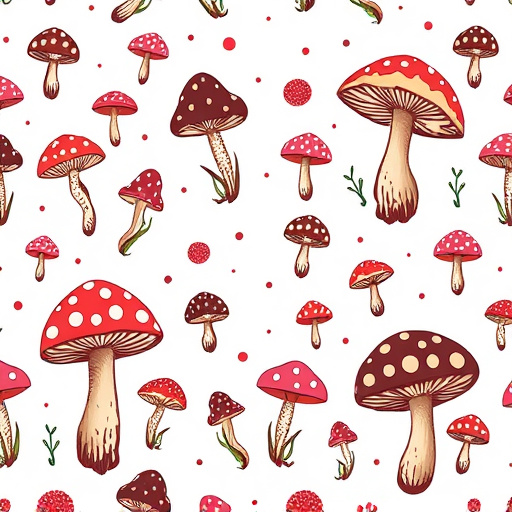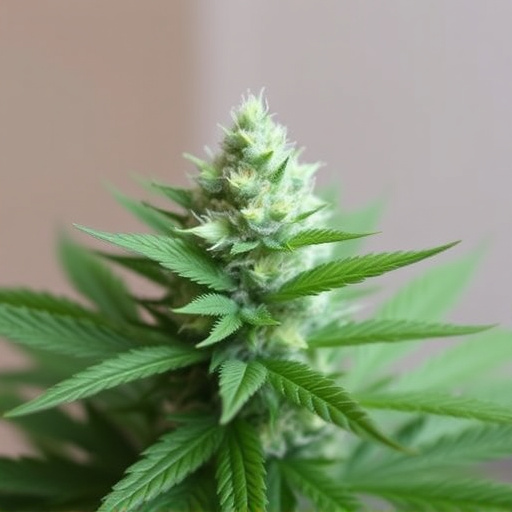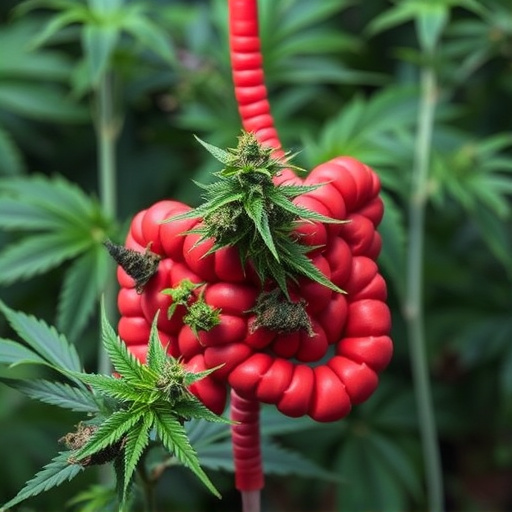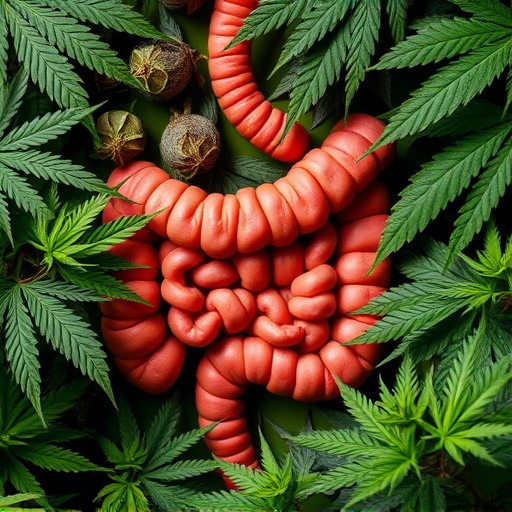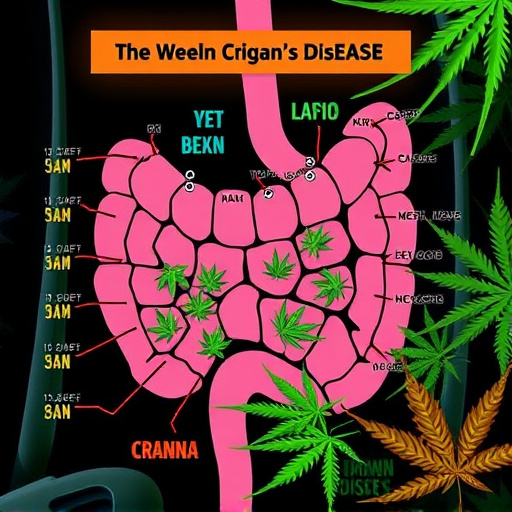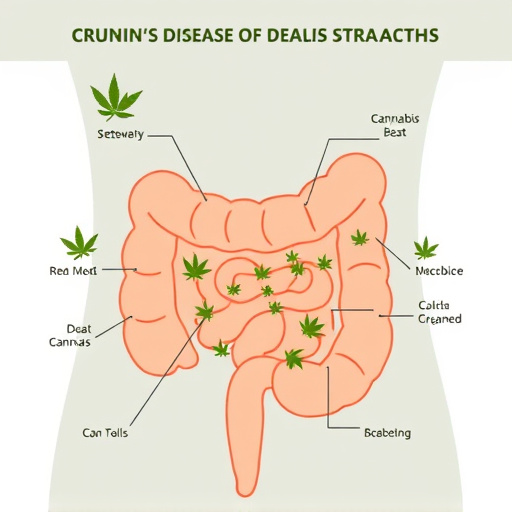In a competitive cannabis market, rare strains with medicinal properties for Crohn's disease patients are highly sought after but difficult to acquire due to stringent regulations and specialized farming practices. Fluctuating demand and regional regulatory disparities further limit distribution, making these specific crohn's disease cannabis strains hard to find even for dedicated dispensaries. Small cultivators specialize in niche strains, offering high-CBD, low-THC varieties that provide relief without psychotic effects, catering to patients seeking alternative treatments.
In today’s evolving cannabis landscape, certain strains remain elusive, sparking curiosity among enthusiasts. This phenomenon can be attributed to a complex interplay of factors. Limited cultivation and availability play a significant role, as small cultivators prioritize niche, specialized strains catering to diverse preferences. Moreover, the high demand for specific medical applications, such as Crohn’s disease cannabis strains, intensifies scarcity. Regulatory hurdles, including licensing requirements and tax structures, further restrict distribution, making these sought-after strains hard to find.
- Limited Cultivation and Availability
- – Discussion on rare strains and why they have limited production runs.
- – Mention of small cultivators focusing on specific, niche strains.
Limited Cultivation and Availability

In the ever-evolving landscape of cannabis cultivation, certain strains remain elusive, especially those that have specific medicinal properties sought after by patients with conditions like Crohn’s disease. The limited availability of these rare strains isn’t merely due to a lack of interest; it’s a result of intricate farming practices and stringent regulations. Growers meticulously nurture and cultivate these varieties, often employing specialized techniques to preserve their unique genetic makeup and therapeutic benefits.
The challenge lies in balancing supply and demand, as popular strains can quickly deplete available resources. Moreover, rare cannabis strains for Crohn’s disease patients face additional hurdles, such as regulatory restrictions that vary across regions, further limiting cultivation and distribution. This dynamic ensures that only the most dedicated cultivators and dispensaries can offer these specific varieties, making them hard to find for those who need them most.
– Discussion on rare strains and why they have limited production runs.
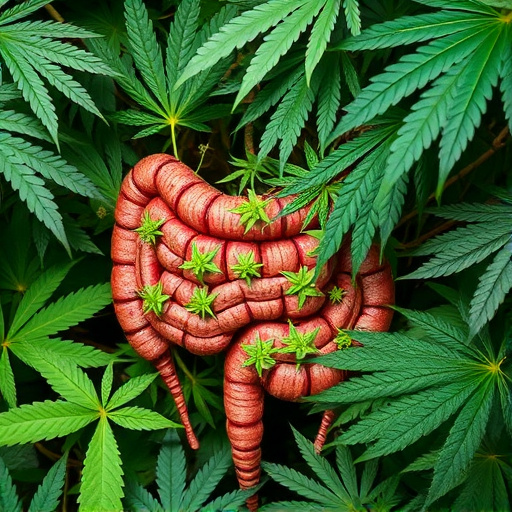
In the ever-evolving landscape of cannabis, some strains have become elusive treasures, particularly for those seeking specific benefits like relief from Crohn’s disease. These rare varieties often command premium prices and limited production runs due to their unique genetic makeup and cultivation challenges. Growers meticulously nurture these strains, ensuring each plant meets stringent criteria for potency and efficacy. The scarcity stems from both the meticulous care required to maintain their distinct characteristics and the legal restrictions that govern cannabis cultivation, making mass production unfeasible for many specialized strains.
Crohn’s disease cannabis strains, known for their potential therapeutic effects, often possess specific terpene profiles and cannabinoid concentrations that set them apart. These delicate balances are difficult to replicate consistently, further contributing to their rarity. While demand for such targeted remedies grows, especially among patients seeking alternative treatments, the limited availability highlights the importance of responsible cultivation practices and the need for more research into cannabis strains tailored to specific medical conditions like Crohn’s disease.
– Mention of small cultivators focusing on specific, niche strains.
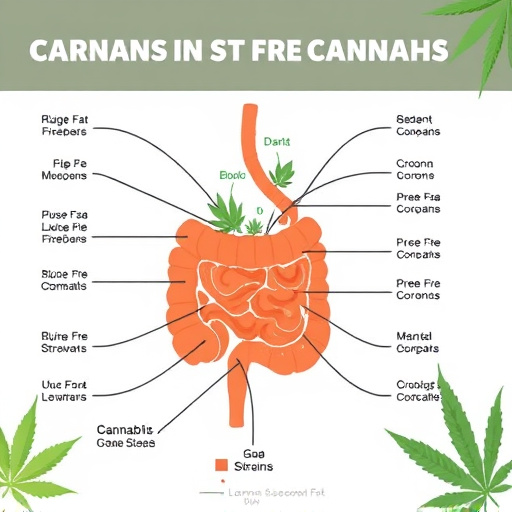
In the competitive cannabis market, small cultivators often differentiate themselves by specializing in specific, niche strains. These micro-cultivators, driven by a passion for quality and efficacy, focus on developing and perfecting unique varieties tailored to diverse consumer needs. One such niche is the cultivation of cannabis strains beneficial for managing symptoms associated with conditions like Crohn’s disease.
These cultivators meticulously breed and curate their crops to offer high-CBD, low-THC strains that can provide relief without causing psychotic effects. Such specialized efforts cater to patients seeking alternative treatments, highlighting the growing demand for diverse cannabis options beyond mainstream varieties.
In conclusion, the scarcity of certain cannabis strains, including those beneficial for managing conditions like Crohn’s disease, can be attributed to limited cultivation and availability. Small cultivators often prioritize specific, niche strains due to their specialized requirements and potential medical benefits. Increasing demand for these rare varieties underscores the need for more diverse cultivation practices and expanded access, ensuring that patients can find the appropriate strains to support their well-being.


